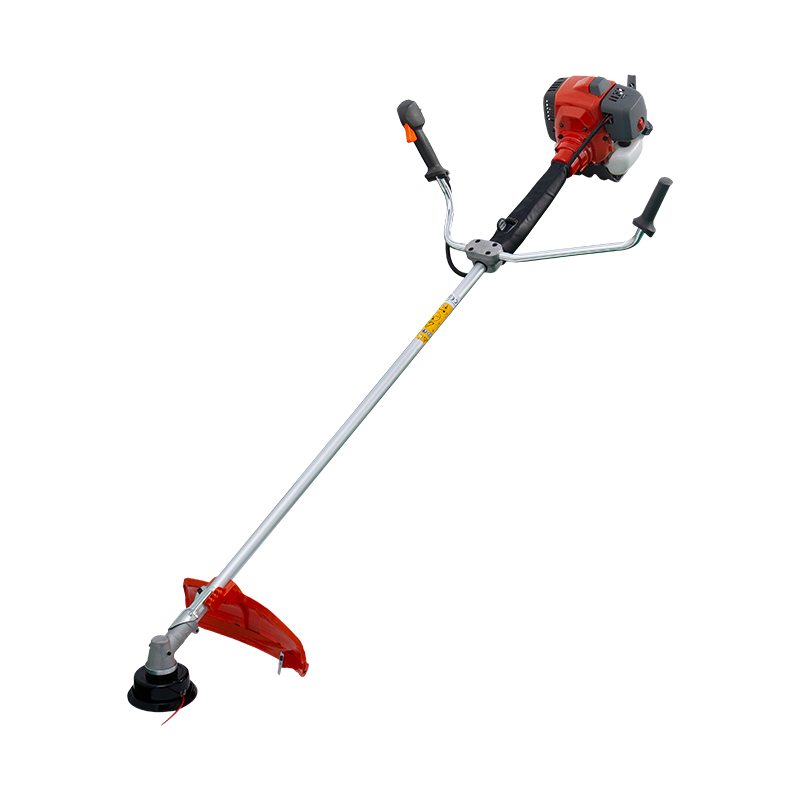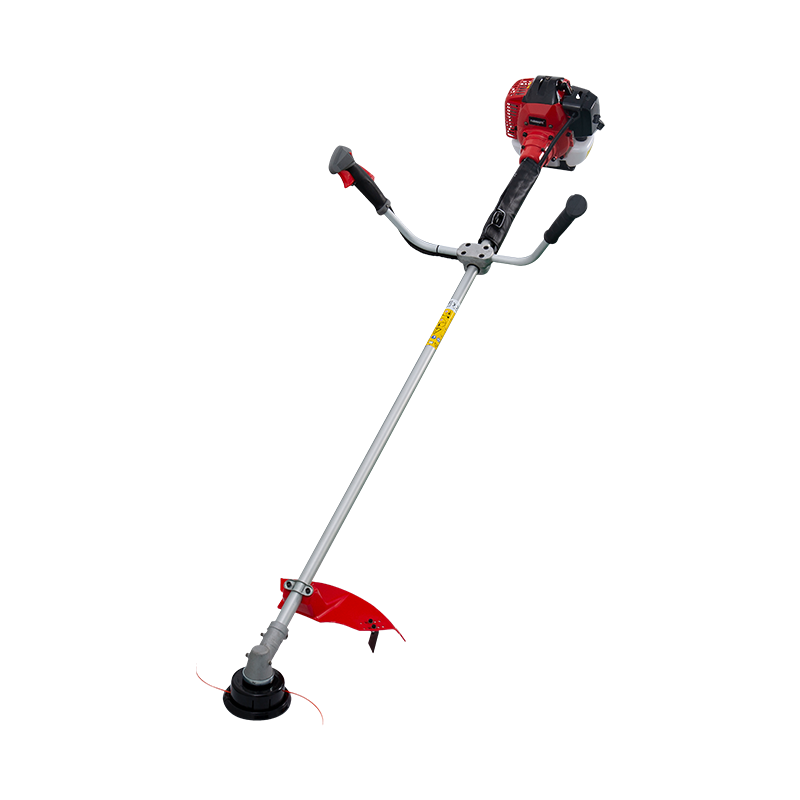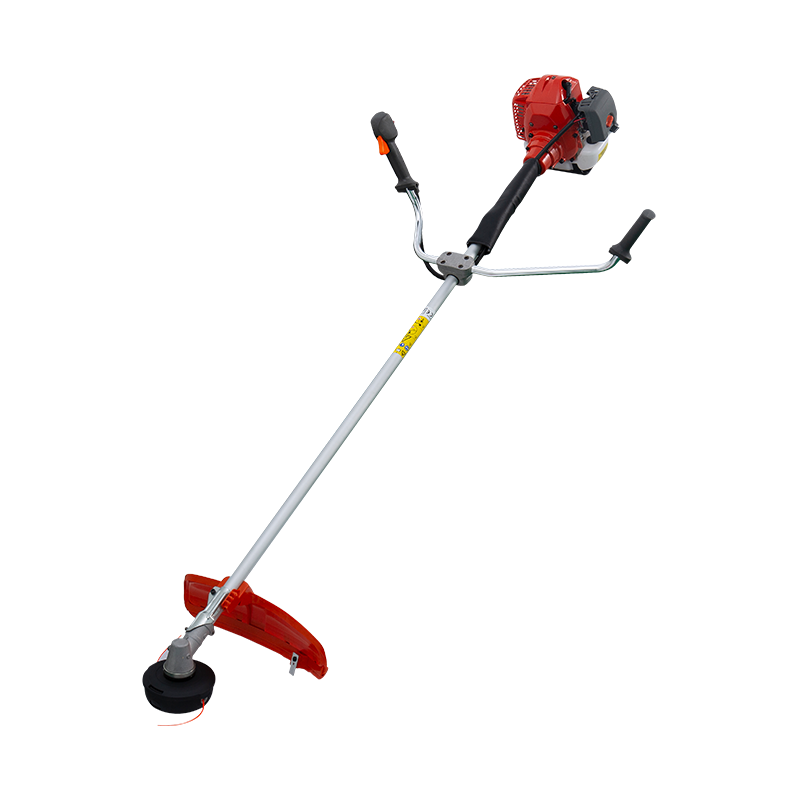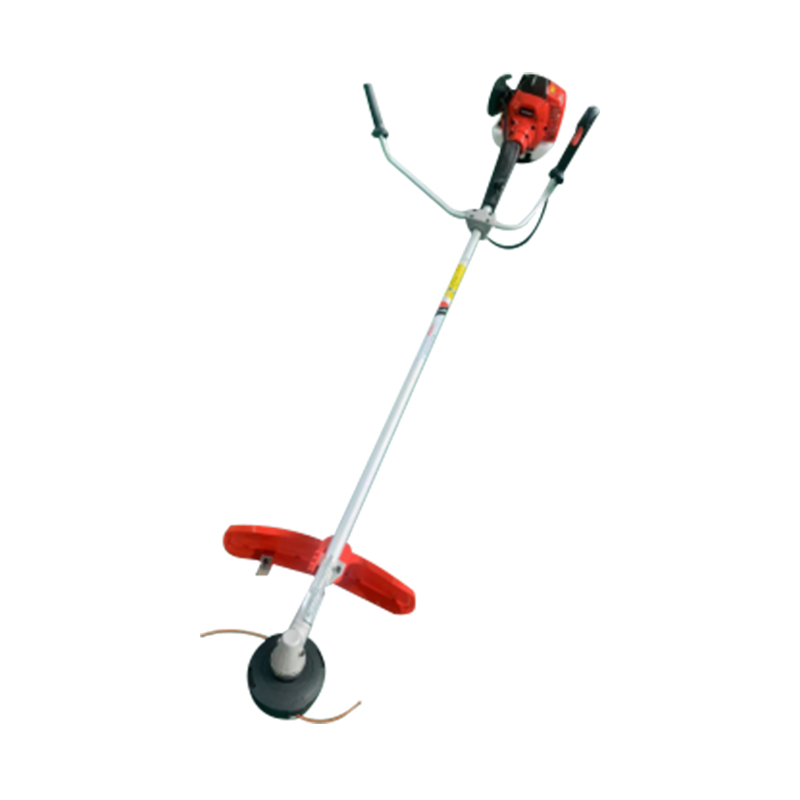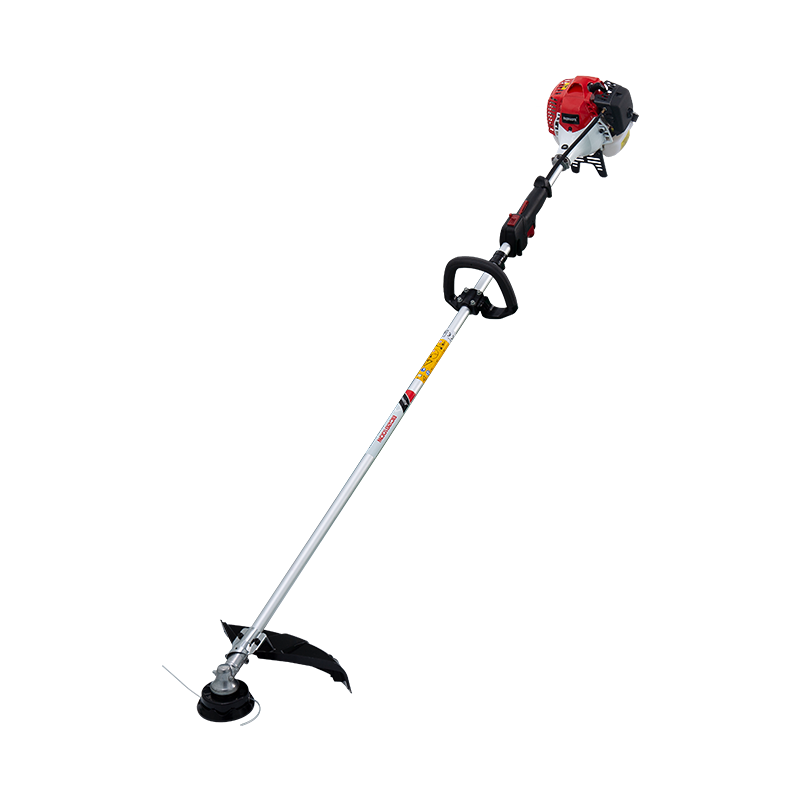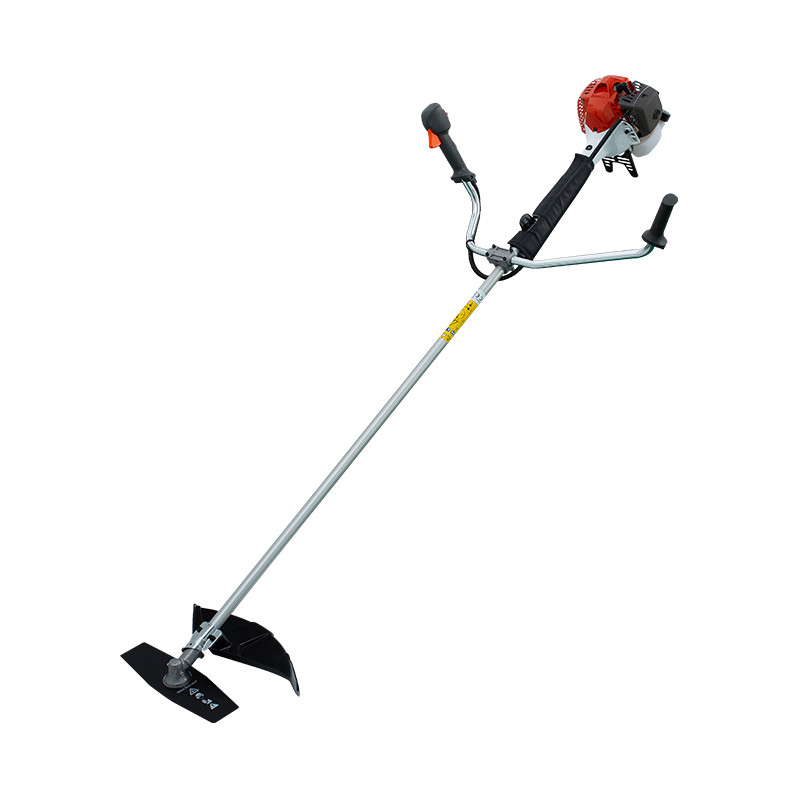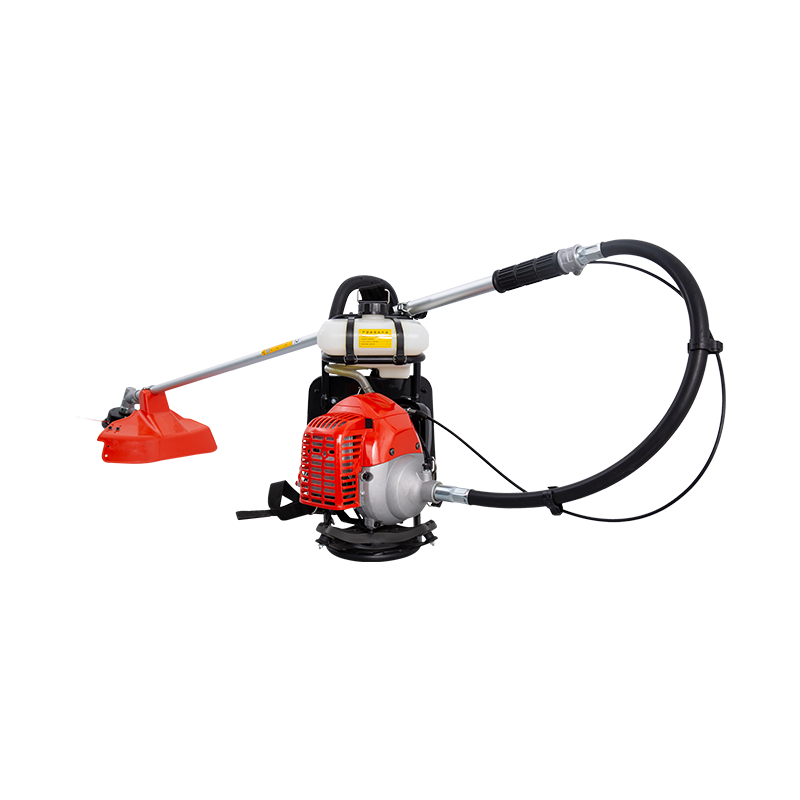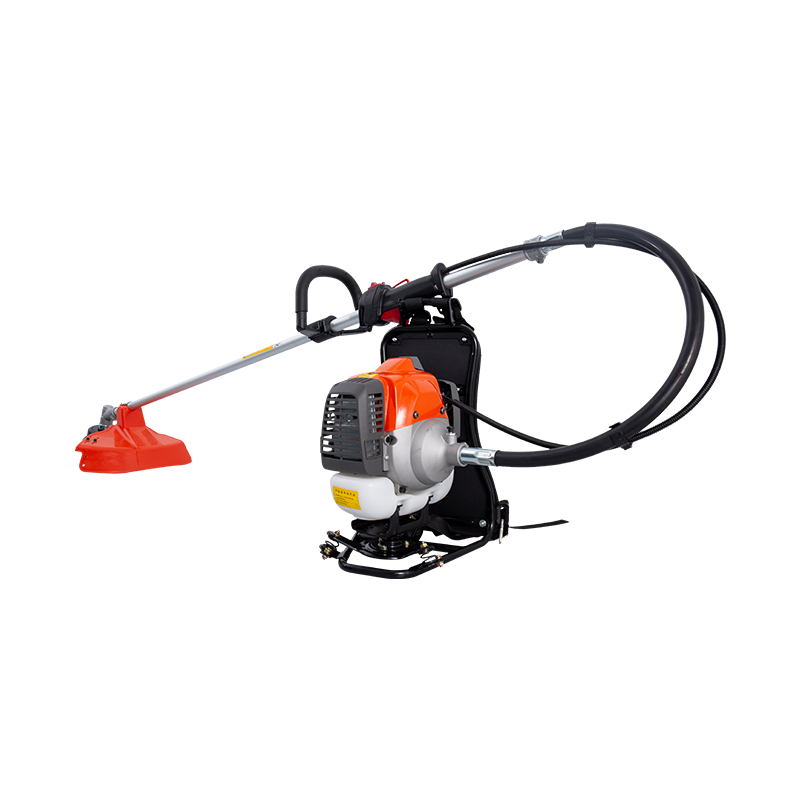Essential Factors for Choosing a Reliable garden tool supplier
Selecting the right partner for your gardening tools is a critical decision that impacts the quality, durability, and efficiency of your work. A dependable garden tool supplier provides more than just products; they offer consistency, expertise, and support that can define the success of your gardening projects, whether you are a landscaping professional, a municipal groundskeeper, or managing a large estate. The relationship with your supplier is foundational, as the tools you use are direct extensions of your skill and directly influence productivity and outcome.
When evaluating a potential garden tool supplier, several key considerations must be at the forefront of your decision-making process. The first and most obvious is the quality of the tools they provide. This isn't merely about the initial feel of a tool in your hand, but about the materials used, the manufacturing processes employed, and the quality control measures in place. A superior supplier will have transparent information about the steel grades used in their cutting tools, the type of hardwood or composite materials in handles, and the anti-corrosion treatments applied to metal parts. They should be able to provide detailed specifications and explain why their chosen materials outperform alternatives.
Beyond the physical product, the range of inventory is another vital factor. A supplier with a narrow, limited catalog may force you to source different tools from multiple vendors, creating logistical headaches and inconsistencies. An ideal supplier offers a comprehensive range, from basic hand tools like trowels and pruners to more specialized equipment like soil knives, dibbers, and long-reach loppers. This one-stop-shop approach simplifies procurement, ensures tool compatibility where needed, and often leads to better pricing through volume discounts.
Furthermore, the logistical capabilities of the supplier are paramount. This encompasses their order fulfillment speed, shipping reliability, and packaging standards. A tool is only useful if it arrives on time and in perfect condition. Inquire about their average order processing times, the carriers they use, and their policies for damaged goods. A professional supplier will have robust systems to track orders and proactively communicate any delays or issues.
Finally, consider the intangible value-adds. Does the supplier provide expert advice and detailed product knowledge? Can they make informed recommendations based on your specific soil type, climate, and the tasks you most frequently perform? Do they offer warranties that go above and beyond the industry standard? These elements transform a simple transaction into a valuable partnership, ensuring you have the right tools and the support to use them effectively for years to come.
Core Criteria for Supplier Evaluation
To systematically compare potential suppliers, it is helpful to break down the evaluation into distinct categories. The following table outlines the primary areas of focus and what to look for in a top-tier provider.
| Evaluation Criteria | What to Look For | Why It Matters |
|---|---|---|
| Product Quality & Material | High-carbon steel blades, forged heads, solid one-piece construction, rust-resistant finishes, ergonomic handles made of ash, hickory, or reinforced composites. | Directly impacts tool longevity, performance, and safety. Reduces long-term replacement costs and improves work quality. |
| Product Range & Specialization | A broad catalog covering hand tools, long-handled tools, cutting tools, and specialized equipment for specific horticultural tasks. | Ensures you can source all your needs from one place, maintains consistency, and simplifies inventory management. |
| Supply Chain & Reliability | Consistent in-stock levels, efficient order processing (within 24-48 hours), reliable shipping partners, secure packaging. | Guarantees you have the tools you need when you need them, preventing project delays and downtime. |
| Customer Service & Support | Knowledgeable representatives, easy-to-reach customer support, clear warranty and return policies, technical advice. | Provides peace of mind and support for problem-solving, ensuring a smooth and dependable partnership. |
| Value-Added Services | Sharpening services, tool maintenance workshops, volume discount structures, custom branding options. | Enhances the overall value proposition and helps maintain your tools in peak condition, extending their lifespan. |
Identifying the Best wholesale garden tool suppliers for business
For businesses that depend on garden tools—including landscaping companies, garden centers, nurseries, and municipal parks departments—forging a relationship with a wholesale garden tool suppliers for business is a strategic necessity. Retail purchasing is not economically viable at scale, and wholesale partners are structured to meet the high-volume, repetitive needs of commercial clients. The right wholesale supplier acts as a strategic asset, contributing directly to your operational efficiency and bottom line.
The search for an exemplary wholesale partner begins with understanding the commercial landscape. True wholesale suppliers typically require proof of business, such as a tax ID or business license, to open an account. This step grants access to trade-only pricing, which is significantly lower than retail MSRP. The pricing structure itself is a critical differentiator. Look for suppliers that offer transparent, tiered pricing based on order volume. This allows your business to plan purchases and maximize savings by consolidating orders. Be wary of hidden fees; reputable wholesalers will have clear pricing sheets that include details on any potential charges for shipping, handling, or small order processing.
Another defining characteristic of a superior wholesale supplier is their ability to handle large and complex orders consistently. This goes beyond simply having a large warehouse. It involves sophisticated inventory management systems that provide real-time stock levels, preventing scenarios where you order 50 units of a specific spade only to be informed later that half are on backorder. Reliability in fulfillment is non-negotiable for business operations; a delayed shipment of essential tools can bring a entire crew to a standstill, resulting in lost revenue and unhappy clients.
Furthermore, business-oriented suppliers often provide services that retail outlets do not. One of the most valuable is custom branding. The ability to have your company logo permanently etched, engraved, or mounted on tools is a powerful marketing tool that enhances brand visibility on every job site and reduces loss from tool misplacement. Some wholesalers also offer kitting services, where they pre-assemble custom tool sets according to your specifications, saving your business valuable time in equipment preparation and allocation.
Establishing a partnership with a premier wholesale garden tool suppliers for business is an investment in your company's operational foundation. It requires due diligence, but the payoff is a seamless, cost-effective supply chain for the high-quality equipment that your team relies on daily. The goal is to find a partner who understands your business needs and can scale their services to support your growth.
Key Considerations for Business Purchases
- Account Requirements: Ensure you have the necessary documentation (business license, tax resale certificate) to qualify for wholesale pricing and terms.
- Volume Discount Tiers: Analyze the supplier’s discount structure. Calculate the price breaks at different order volumes to optimize your purchasing strategy and budget.
- Payment Terms: Wholesale accounts often offer net-30 or net-60 payment terms, which improves your business's cash flow by allowing you to sell the goods before the invoice is due.
- Return-to-Manufacturer Policies: Understand the process for dealing with defective merchandise. A streamlined RMA (Return Merchandise Authorization) process is essential for minimizing hassle.
- Consignment Options: Some large suppliers may offer consignment inventory, where they stock their products at your location and you only pay for what you use, which can drastically reduce your upfront capital investment in tool inventory.
Exploring the World of specialist pruning tool manufacturers
Pruning is both an art and a science, requiring precision, knowledge, and the right instrument for the task. Using a poorly designed or dull pruning tool can inflict lasting damage on plants, inviting disease and stunting growth. This is where the expertise of specialist pruning tool manufacturers becomes indispensable. These manufacturers dedicate their entire focus to perfecting the design, metallurgy, and mechanics of cutting tools, resulting in instruments that are superior to generic, multi-product brands.
The hallmark of a specialist manufacturer is their obsession with blade technology. They invest heavily in researching and developing superior steel alloys and heat-treatment processes. For instance, many top-tier pruning tool manufacturers use high-carbon steel or chromium-coated steel blades. This isn't just a marketing term; high-carbon steel holds a sharper edge for significantly longer than standard steel, reducing the frequency of sharpening and ensuring a clean, crushing cut every time. The heat-treatment process, often called tempering, is precisely controlled to create a blade that is hard enough to maintain a sharp edge but still retains a degree of flexibility to prevent chipping or snapping under pressure.
Another area of specialization is the cutting mechanism itself. Bypass pruners, anvil pruners, and ratchet pruners each serve a distinct purpose. Specialist manufacturers don't just produce all types; they often innovate within a category. For example, a leading manufacturer might redesign the pivot point on a bypass lopper to provide greater mechanical advantage, allowing a user to cut through thicker branches with less physical effort. They might incorporate a rotating handle or ergonomic grips that reduce friction and prevent blisters during prolonged use. These nuanced improvements are born from a deep understanding of the user's biomechanics and the challenges of pruning various plant materials.
Furthermore, these manufacturers often offer a wide array of replacement parts. Instead of disposing of a expensive pair of loppers because a blade is nicked or a spring is broken, you can order the exact replacement component directly from the manufacturer. This philosophy of repairability stands in stark contrast to the disposable nature of many consumer goods and speaks to a commitment to sustainability and long-term value. It transforms a pruning tool from a short-term purchase into a lifelong professional companion.
Engaging with specialist pruning tool manufacturers means investing in the health of your plants and the efficiency of your work. Their products are engineered to make precise cuts that heal quickly, promote healthy plant growth, and make the physical act of pruning less strenuous. For serious gardeners and professionals, the difference in performance and longevity is immediately apparent and well worth the investment.
Types of Pruning Tools and Their Specialized Uses
- Bypass Pruners (Secateurs): The most common type, featuring two curved blades that slide past each other like scissors. Ideal for live wood and green stems, providing a clean cut that heals quickly. Specialist manufacturers enhance them with non-stick coatings and sap-resistant grooves.
- Anvil Pruners: Feature one sharp straight blade that cuts down onto a flat, soft metal "anvil." Best for dead wood and dry branches, as they can crush soft, live stems. Specialists focus on creating replaceable anvils and ultra-hard blades for dealing with tough, woody material.
- Ratchet Pruners: Incorporate a mechanism that cuts in stages with multiple squeezes of the handle, multiplying the user's force. Essential for those with limited hand strength or for cutting through very hard, thick branches. Specialist manufacturers engineer reliable ratcheting mechanisms that won't fail under extreme pressure.
- Pruning Saws: Designed for branches too large for loppers. Specialist manufacturers produce blades with triple-cut teeth for aggressive, fast cutting in both push and pull motions, and often feature foldable designs for safe storage.
- Hedge Shears: Long blades for shaping shrubs and hedges. Specialists focus on ultra-sharp, wavy-edged blades that grip stems to prevent slipping, and lightweight materials to reduce fatigue during extended use.
Maximizing Value with a bulk garden tool distributor
For large-scale projects, institutional use, or businesses that equip multiple teams, purchasing individual tools is neither practical nor cost-effective. This is the domain of the bulk garden tool distributor. These distributors are optimized to handle pallet-sized orders, providing significant economies of scale that dramatically lower the per-unit cost. Partnering with a bulk distributor is a strategic decision focused on logistical efficiency and maximizing budget allocation.
The primary advantage of working with a bulk distributor is, unsurprisingly, cost savings. When you purchase in volume, the price per tool decreases substantially. This allows organizations to stretch their budgets further, either acquiring more tools for the same investment or reallocating the saved funds to other areas. For example, a city parks department equipping its seasonal staff can outfit twice as many workers by buying in bulk from a dedicated distributor rather than making smaller purchases from a standard wholesaler. This pricing model is built into the distributor's business structure, and they are equipped to quote based on full case quantities and pallet loads.
Beyond pricing, efficiency in logistics and handling is a major benefit. Placing one large order for all necessary equipment simplifies procurement paperwork, reduces the number of deliveries to manage, and minimizes the administrative overhead associated with processing multiple invoices and payments. A reliable bulk distributor will have the infrastructure to ship large, heavy pallets directly to your warehouse or central distribution point, often with more favorable freight terms due to their high shipping volume.
Inventory management for seasonal or large teams is another area where a bulk distributor adds value. Many offer tailored solutions, such as pre-agreed restocking schedules or blanket orders, which guarantee you a certain quantity of tools at a fixed price over a period of time. This provides predictability in both budgeting and inventory levels, ensuring you are never caught short before a major project begins. They can also provide detailed volume usage reports, helping you analyze consumption patterns and plan future purchases more accurately.
However, engaging a bulk garden tool distributor requires careful planning. You must have adequate storage space for palletized goods and a clear understanding of your annual tool consumption to avoid over-ordering and tying up capital in unused inventory. The relationship is best suited for organizations with predictable, high-volume needs who are looking to optimize their supply chain for scale and cost-effectiveness above all else.
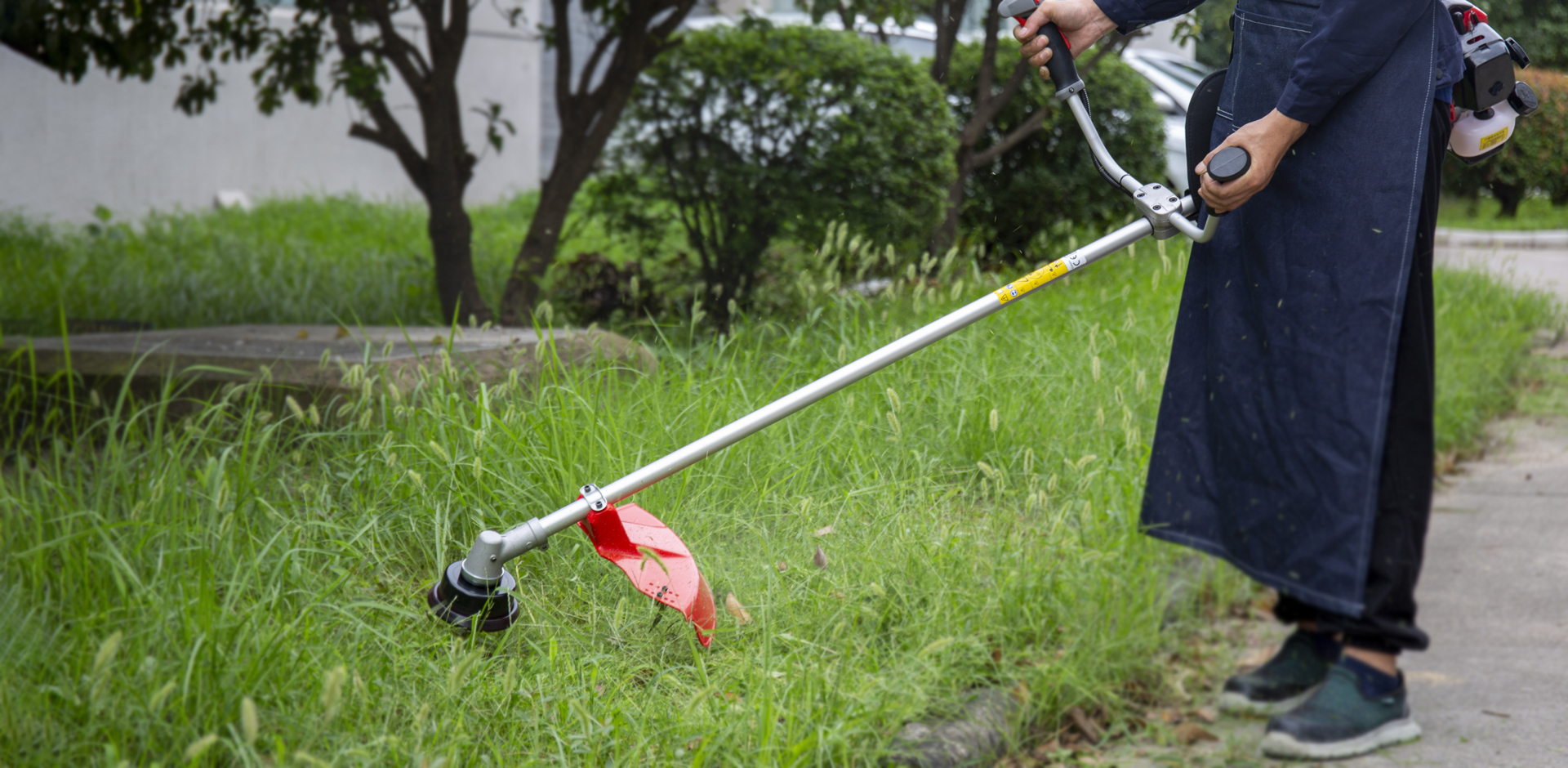
The Importance of a Trusted commercial gardening equipment vendor
The term "vendor" implies a transactional relationship, but a top-tier commercial gardening equipment vendor offers far more than a simple sale. For professional landscapers, golf course superintendents, and estate managers, this partner is a cornerstone of their operation, providing not only equipment but also critical support services that ensure machinery remains operational and productive. The choice of vendor influences downtime, repair costs, and ultimately, client satisfaction.
The product offering of a commercial vendor is typically vast, encompassing everything from hand tools and powered hand equipment like hedge trimmers and brush cutters to large machinery like ride-on mowers, tractors, and aerators. However, the product is only the beginning. The most significant value lies in the post-purchase ecosystem they provide. This starts with a robust warranty and support program. A reputable vendor will have clear, fair warranties that provide meaningful coverage for commercial use, not just homeowner-grade guarantees that become void under professional conditions.
Perhaps the most critical service is parts and repair. Equipment will break down; it's an inevitability of commercial use. The speed and quality of the repair process are what separate adequate vendors from exceptional ones. The best vendors maintain a extensive inventory of common replacement parts for the equipment they sell, drastically reducing machine downtime. They employ certified technicians who are experts on their specific product lines, ensuring repairs are done correctly the first time. Some even offer loaner equipment programs or expedited repair services for their top clients, recognizing that time without a key machine directly impacts their customer's ability to generate revenue.
Furthermore, a true partner vendor will offer proactive support. This includes scheduled maintenance reminders, on-site training for your staff on the proper and safe operation of new equipment, and consultations on the right machinery for your specific applications and terrain. They act as an extension of your own team, providing technical expertise that you may not have in-house. This advisory role can prevent costly mis-purchases and extend the operational life of your equipment through proper care and maintenance.
Choosing a commercial gardening equipment vendor is a long-term decision. It requires evaluating not just the price tags on the equipment, but the total cost of ownership, which includes maintenance, repair costs, expected lifespan, and the value of the support services provided. The right vendor minimizes your operational risks and keeps your business running smoothly, season after season.
Evaluating the Total Cost of Ownership
When assessing commercial equipment, the purchase price is merely the initial investment. The true cost is spread over the machine's entire lifespan. A trusted vendor helps you analyze this.
- Initial Purchase Price: The upfront cost of the equipment.
- Preventative Maintenance: The scheduled cost of oil changes, filter replacements, blade sharpening, and other routine services.
- Repair Costs: The expected cost of unscheduled repairs, influenced by the machine's reliability and the cost/availability of parts.
- Fuel and Consumables: The ongoing cost of gasoline, diesel, electricity (for battery-powered tools), lubricants, and other consumables.
- Downtime: The lost revenue and productivity when a machine is inoperable. This is heavily influenced by the vendor's repair turnaround time.
- Resale Value: The value of the equipment at the end of its service life with your business. Well-maintained equipment from reputable brands holds its value better.

 English
English Español
Español